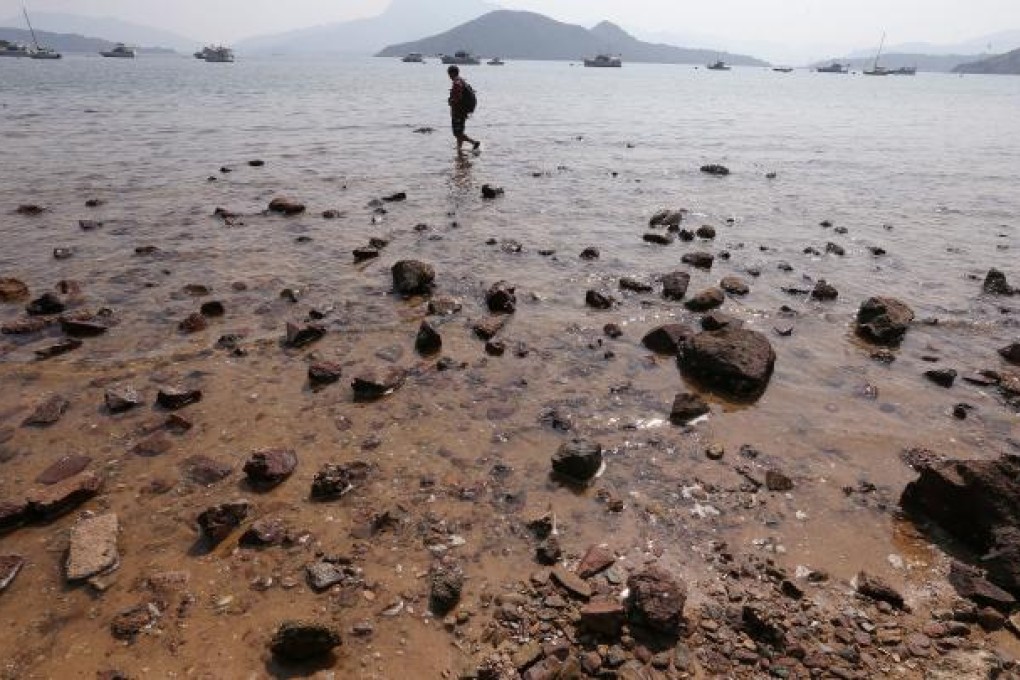
Why ESF cannot adopt local system
I refer to the report (“ESF warned over local curriculum”, November 1).
I feel that by suggesting the English Schools Foundation follow the local curriculum in order to benefit from the government subvention, the secretary for education is missing the point of the purpose of the ESF in Hong Kong.
Many expatriate families are only here for a limited time. It is not in their interests to integrate fully into the local system by studying Chinese, nor is it in their best interests since the local system differs greatly from the international system.
It is also worth pointing out that the vast majority of students in ESF schools nowadays are the children of middle-class local parents, who have voted with their feet and removed their children from the local system as soon as they were able.
The ESF was established to provide an affordable international education for students whose home country was not necessarily in Asia and whose mother tongue was not Cantonese. By freezing the subvention, the government has forced the ESF to increase fees to a point where it is now a struggle for ordinary expat families to educate their children here.
People like me, who are here to teach English in local schools, are being forced to leave Hong Kong because of a lack of affordable school places for our own children. Other professionals are no longer willing to come here.